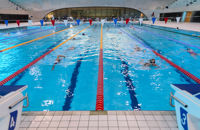
Integrity
Integrity is the quality of being honest and having strong moral principles.

Integrity is the quality of being honest and having strong moral principles.

Be the first to know about what’s new at the SGA.
Signing up is free and fast and you will receive: